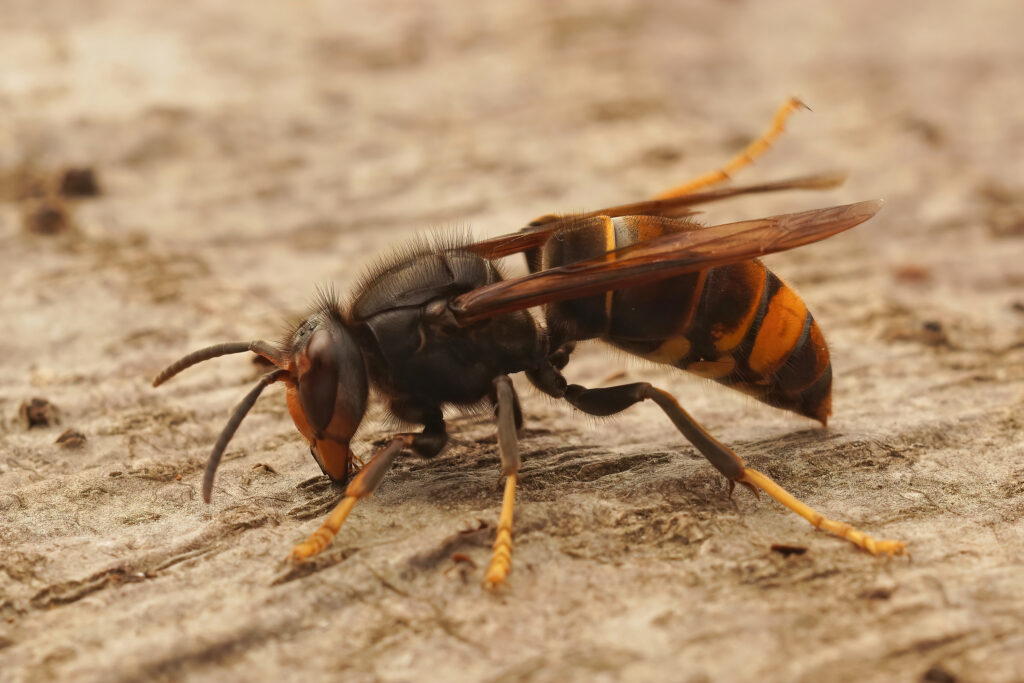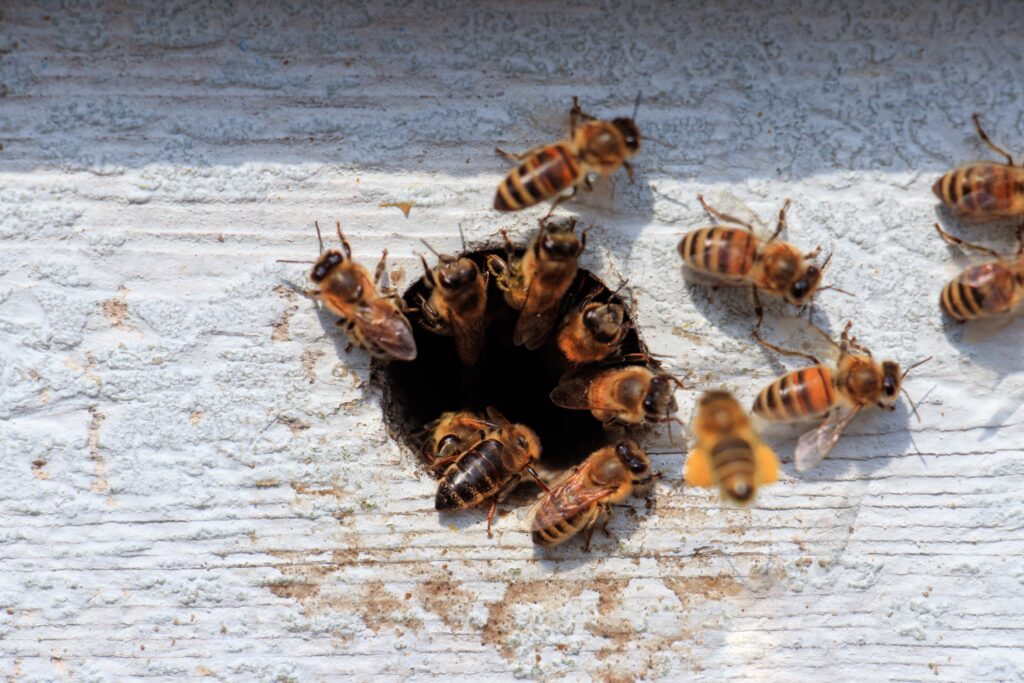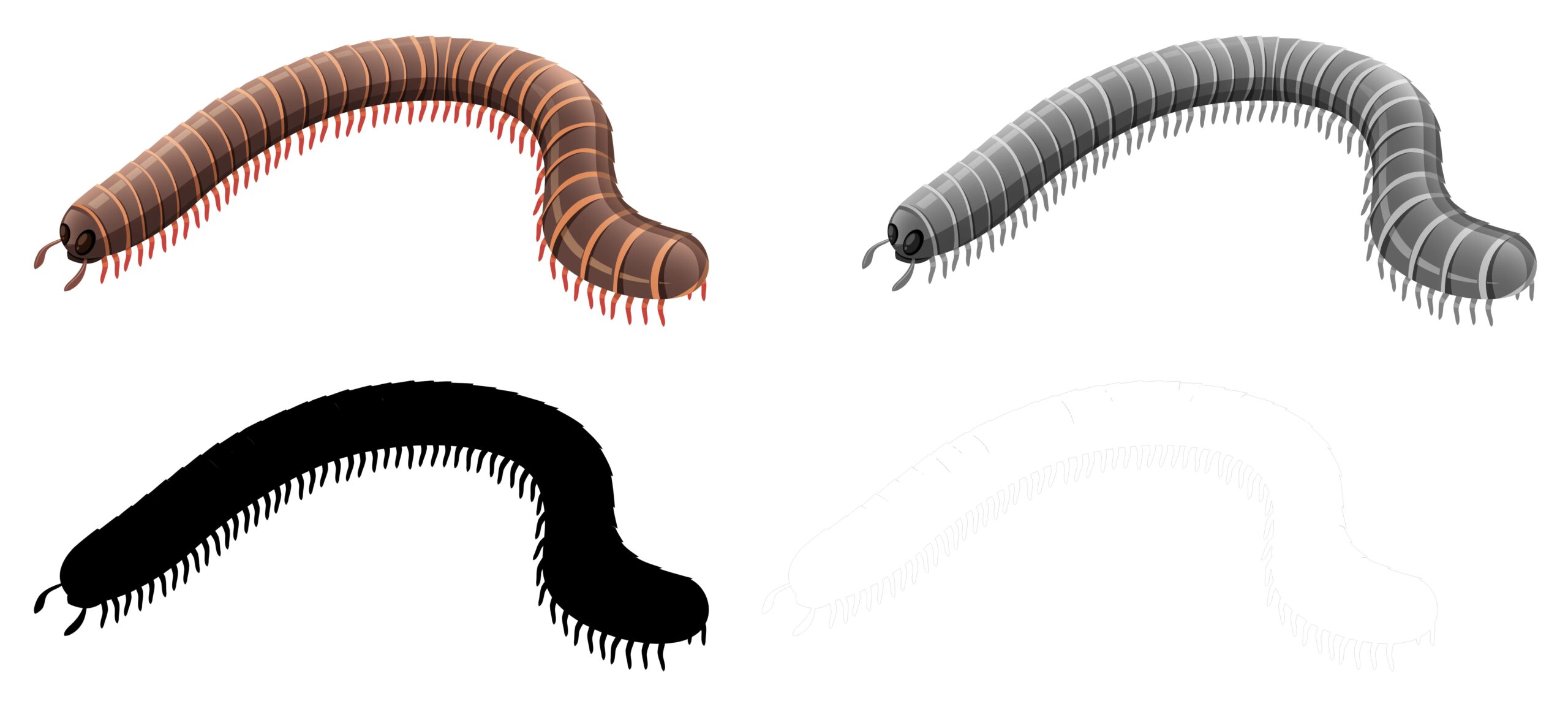Wasps are fascinating creatures, known for their complex social structures and critical role in controlling pest populations. However, when wasps decide to build a nest in or around your home, they can quickly become more than just a nuisance, they can pose a serious threat to the safety of your family and pets. Wasp nest treatment is not just about getting rid of a nuisance; it’s about ensuring the safety and comfort of your home. This comprehensive guide will explore why professional wasp nest treatment is crucial, the risks associated with wasp infestations, and how to prevent future nests from forming.

Understanding the Risks of Wasp Nests
Wasp nests are often built in hidden or hard-to-reach areas such as eaves, attics, sheds, and underground. While wasps are generally not aggressive if left undisturbed, they can become extremely dangerous if they feel their nest is threatened. A single wasp sting is painful, but multiple stings can lead to severe allergic reactions, including anaphylaxis, which can be life-threatening.
Common Risks Associated with Wasp Nests:
1. Health Hazards: Wasps are known for their painful stings. For individuals who are allergic, a sting can trigger a severe reaction that requires immediate medical attention. Even for those without allergies, multiple stings can be dangerous and lead to hospitalization.
2. Property Damage: Wasps can cause damage to your home as they build and expand their nests. They often chew through wood, insulation, and other materials to create their nests, leading to costly repairs.
3. Aggressive Behavior: Certain species of wasps, such as yellow jackets, are notoriously aggressive, especially when their nests are disturbed. This aggression can lead to multiple stings, posing a significant risk to anyone nearby.
Why Professional Wasp Nest Treatment is Essential
While handling wasp nest treatment yourself may be tempting, especially with readily available DIY methods, this can be a dangerous endeavor. Professional pest control experts have the knowledge, experience, and equipment necessary to safely and effectively remove wasp nests without putting you or your family at risk.
Benefits of Professional Wasp Nest Treatment:
1. Safety First: Professional pest control technicians are trained to handle wasp nests safely. They have access to protective gear and specialized equipment to remove nests with minimal risk of stings.
2. Expert Knowledge: Professionals can accurately identify the species of wasps you’re dealing with and tailor their treatment approach accordingly. Different species may require different methods of treatment.
3. Complete Treatment: One of the biggest challenges of DIY wasp nest treatment is ensuring the entire nest is removed. The wasps may return and rebuild if any part of the nest is left behind. Professionals provide the complete treatment of the nest and its inhabitants.
4. Preventative Measures: After removing the nest, professionals can offer advice and solutions to prevent future infestations, such as sealing entry points and using deterrents.
Preventing Future Wasp Nests
Prevention is key to avoiding future infestations after dealing with a wasp nest. Here are some tips to help keep wasps from making your home their home:
1. Seal Entry Points: Inspect your home for cracks, gaps, and holes that could serve as entry points for wasps. Seal these openings with caulk or other appropriate materials.
2. Remove Food Sources: Wasps are attracted to food, especially sugary substances. Keep outdoor areas clean and free of food scraps, and cover trash bins with tight-fitting lids.
3. Install Decoys: Some homeowners have succeeded with fake wasp nests. Wasps are territorial and may avoid building a nest near another nest, even if it’s fake.
4. Regular Inspections: Regularly inspect your property for signs of wasp activity, especially in late spring and early summer when wasps are most active in building nests.
5. Landscaping: Keep trees and shrubs trimmed, as overgrown vegetation can provide shelter and nesting sites for wasps.
Wasp nest treatment is a task that should be handled with care and expertise. While DIY methods are an option, they come with significant risks. Professional wasp nest treatment ensures the safety of your home and family, offering peace of mind and a wasp-free environment. By understanding the risks, opting for professional help, and taking preventive measures, you can protect your home from the dangers posed by wasps. Don’t wait until a small problem becomes big, take action at the first sign of wasp activity to keep your home safe and secure.
Stay safe and pest-free!
Contact Elis Pest Control today for fast, reliable pest control solution and keep your home or business safe!



